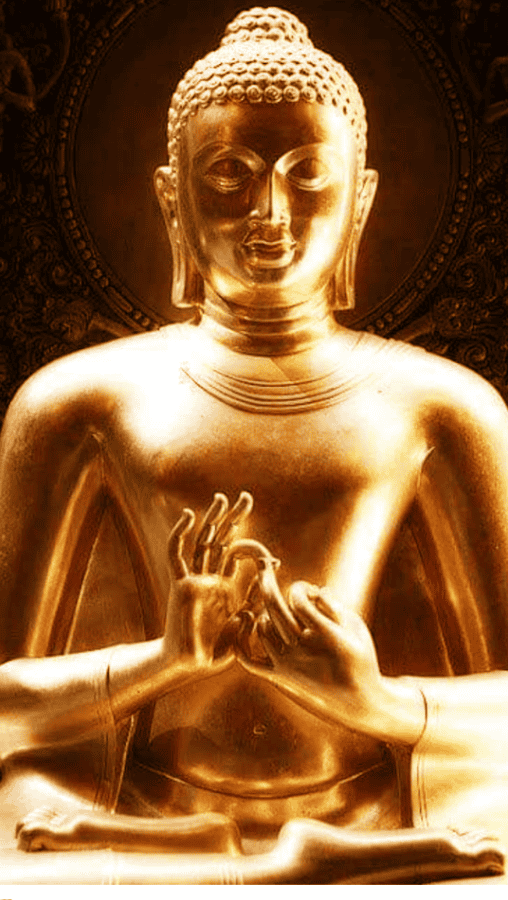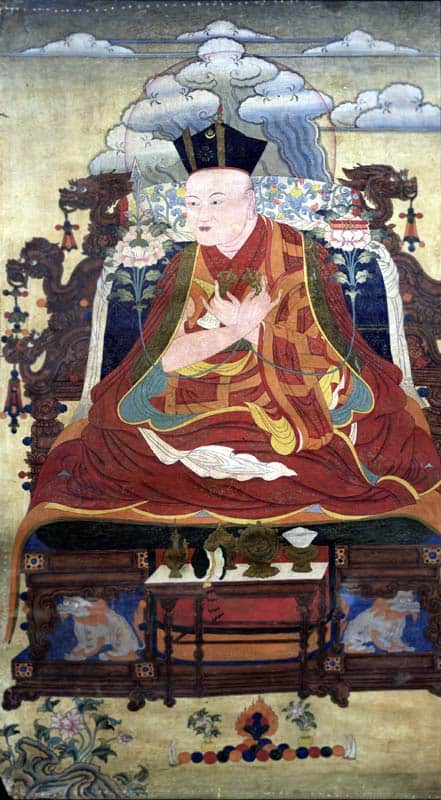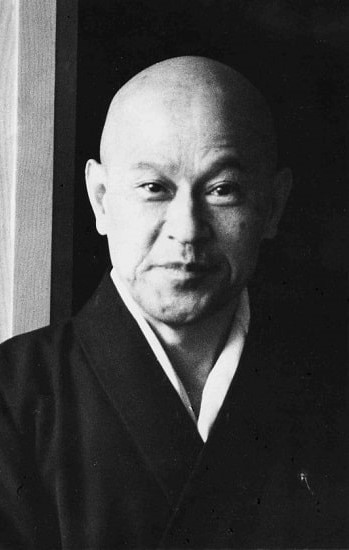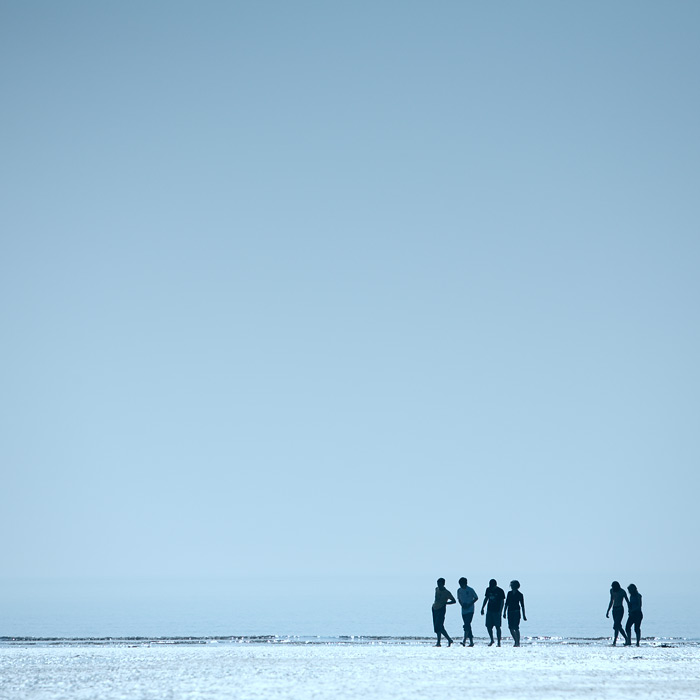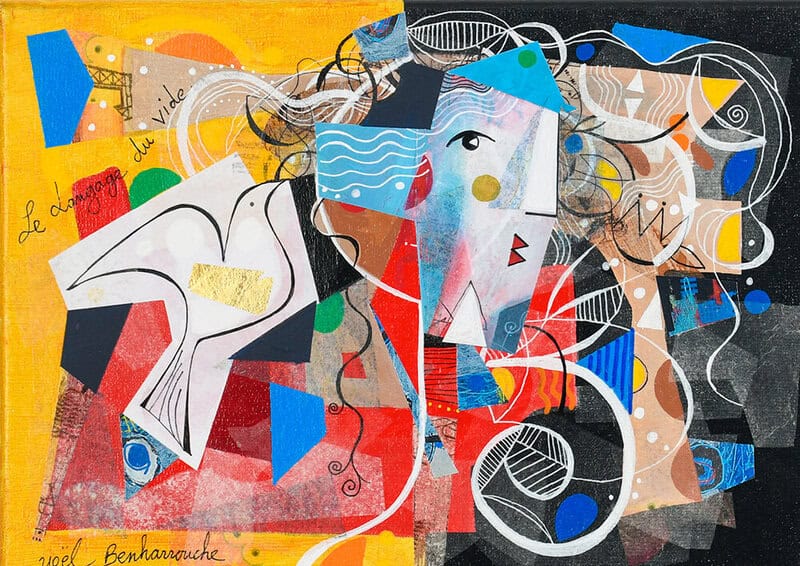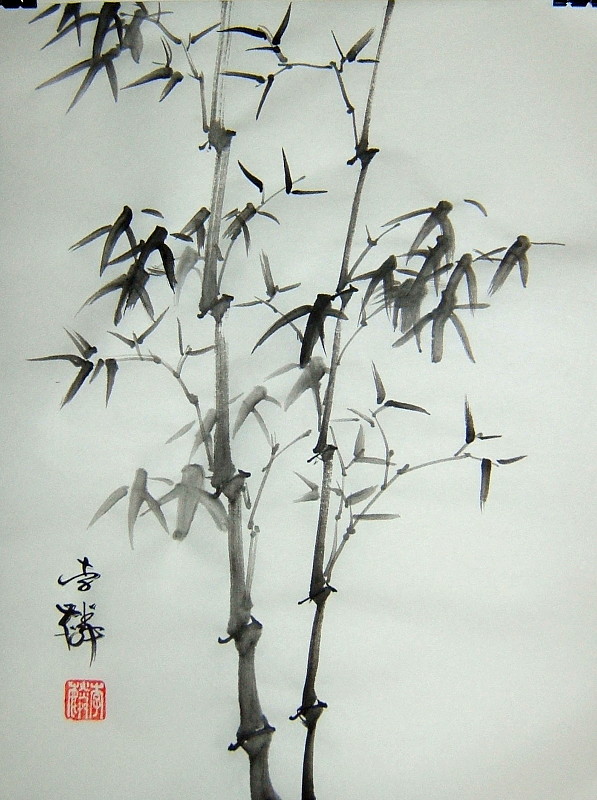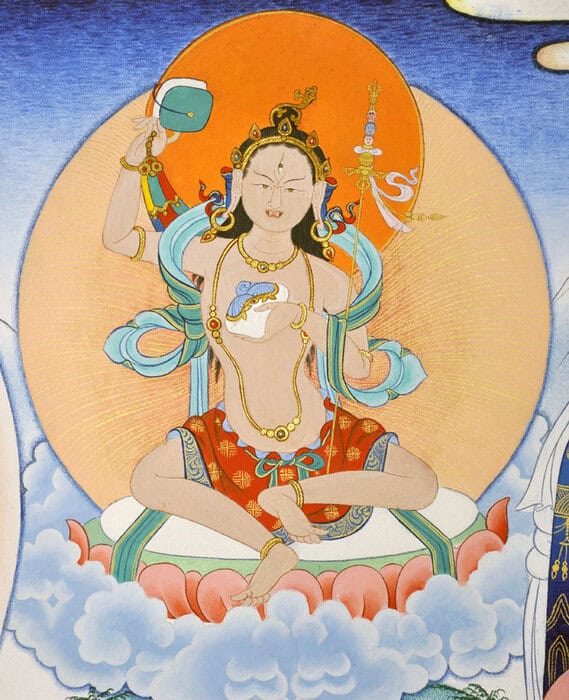One Who Is Awake
I came across this today, an excerpt from Karen Armstrong’s upcoming book – The Case for God. It was such a beautiful piece of writing about the extraordinariness of One who is Awake that I thought I’d reproduce it here: From almost the very beginning, men and women have repeatedly engaged in strenuous and committed […]

